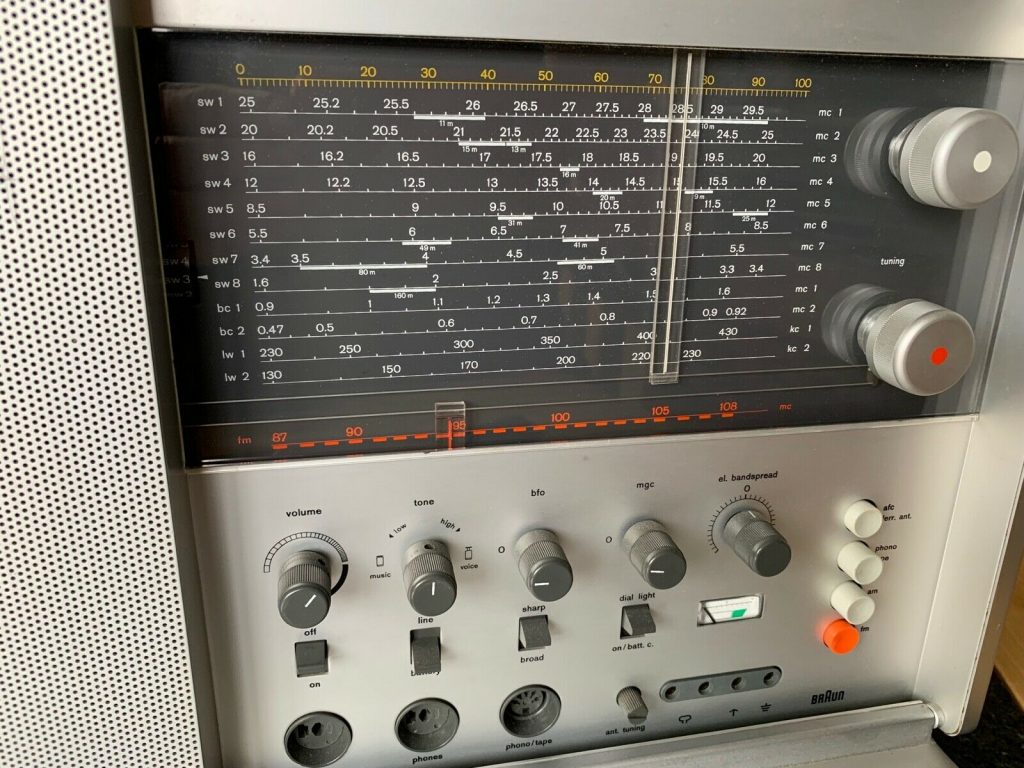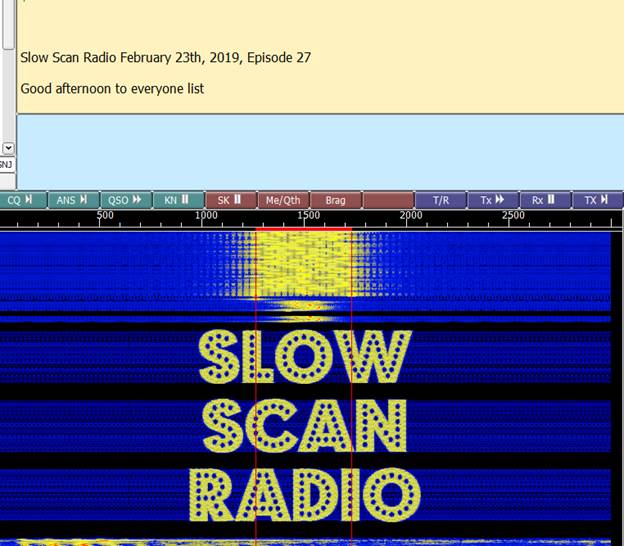Many thanks to SWLing Post contributor, Gerard Koopal, who shares the following announcement for Skyline Radio:
SKYLINE RADIO GERMANY – 20 YEARS ON AIR! – PLEASE SPREAD THE WORD!
WE WANT THE AIRWAVES – IF ROCK IS GONNA STAY ALIVE!
Shortwaveradio.de kindly gave us another possibility to be on air with some brand new shows via their transmitters in Northern Germany.
If you would like to try to catch our programmes, 6 hours on October 26th, 2019, Saturday before Halloween, 13.00 – 19.00 UTC would be a good time to give us a listen again.
Try the 75 metre band shortwave on 3975 kHz!
Let’s keep fingers crossed that propagation is good again!
We received more than 30 reception reports again in June and we hope we can beat this result again! So don’t hesitate to write in again.
It might be a good chance for you to catch our very special and unique 1999 – 2019 anniversary eQSL-card! This is available as eQSL-card only!
We look forward to your reception reports and comments to:
SKYLINE RADIO GERMANY, P.O.Box 2702, 6049 ZG Herten, The Netherlands
or via e-mail to: [email protected]Have a great time with us and Good DX,
DJ Jan-HendrikSKYLINE RADIO GERMANY – 20 JAHRE IN DER LUFT! – BITTE GERN WEITER
VERBREITEN!WIR WOLLEN DIE RADIOWELLEN – DAMIT ROCKMUSIC LEBENDIG BLEIBT!
Shortwaveradio.de hat uns freundlicherweise die Möglichkeit gegeben,
erneut über seine Sender in Norddeutschland mit unseren neuen Shows
auf Sendung zu sein.Wenn Sie versuchen möchten, unsere Programme zu empfangen, 6 Stunden
am 26. Oktober 2019, Samstag vor Halloween (13.00 – 19.00 Uhr UTC)
wäre wieder ein guter Zeitpunkt, um uns wieder zuzuhören.Probieren Sie das 75 Meterband Kurzwelle auf 3975 kHz!
Wir drücken die Daumen, dass die Ausbreitungsbedingungen wieder gut sind!
Wir haben im Juni wieder mehr als 30 Empfangsberichte erhalten und wir
hoffen
wir können dieses Ergebnis wieder übertreffen!
Also zögern Sie nicht, uns noch einmal zu schreiben.Es könnte eine gute Gelegenheit sein, unsere neue spezielle, einzigartige
1999 – 2019 Geburtstags-eQSL-Karte zu erwerben.
Diese ist nur als eQSL-Karte zu erhalten.Wir freuen uns auf Ihre Empfangsberichte und Kommentare an:
SKYLINE RADIO GERMANY, P.O.Box 2702, 6049 ZG Herten, Niederlande
oder per E-Mail an [email protected]Viel Spaß bei uns und Good DX,
DJ Jan-Hendrik








